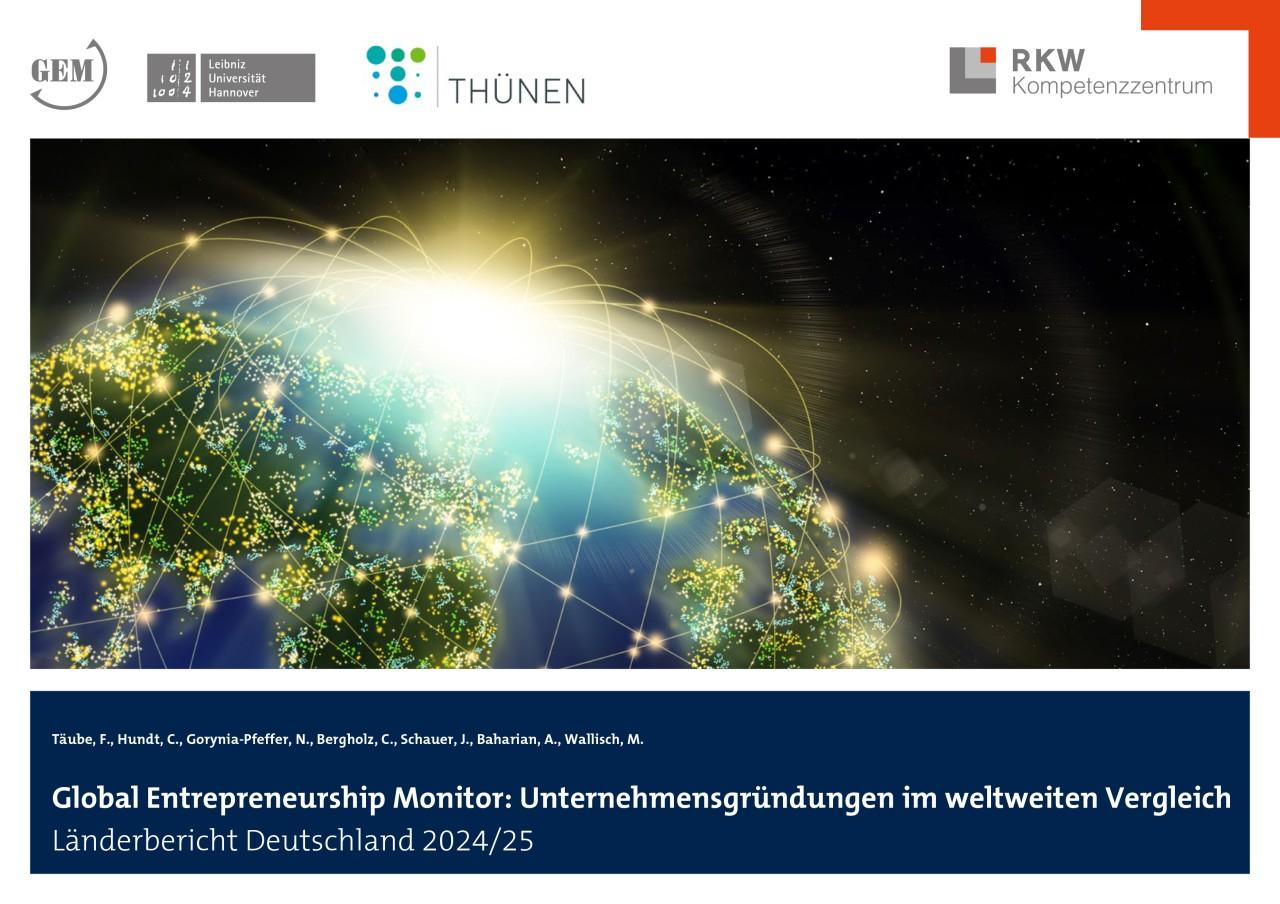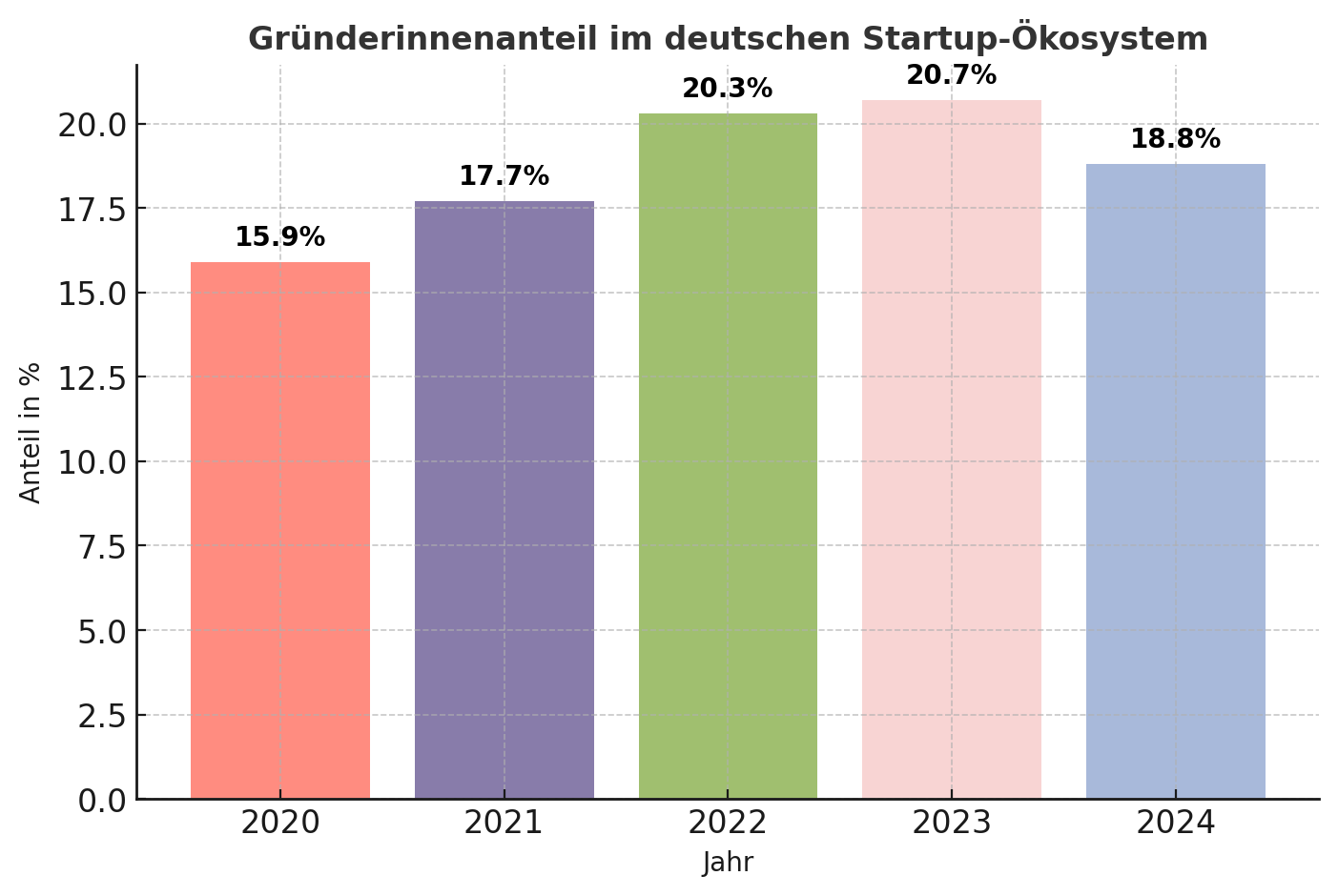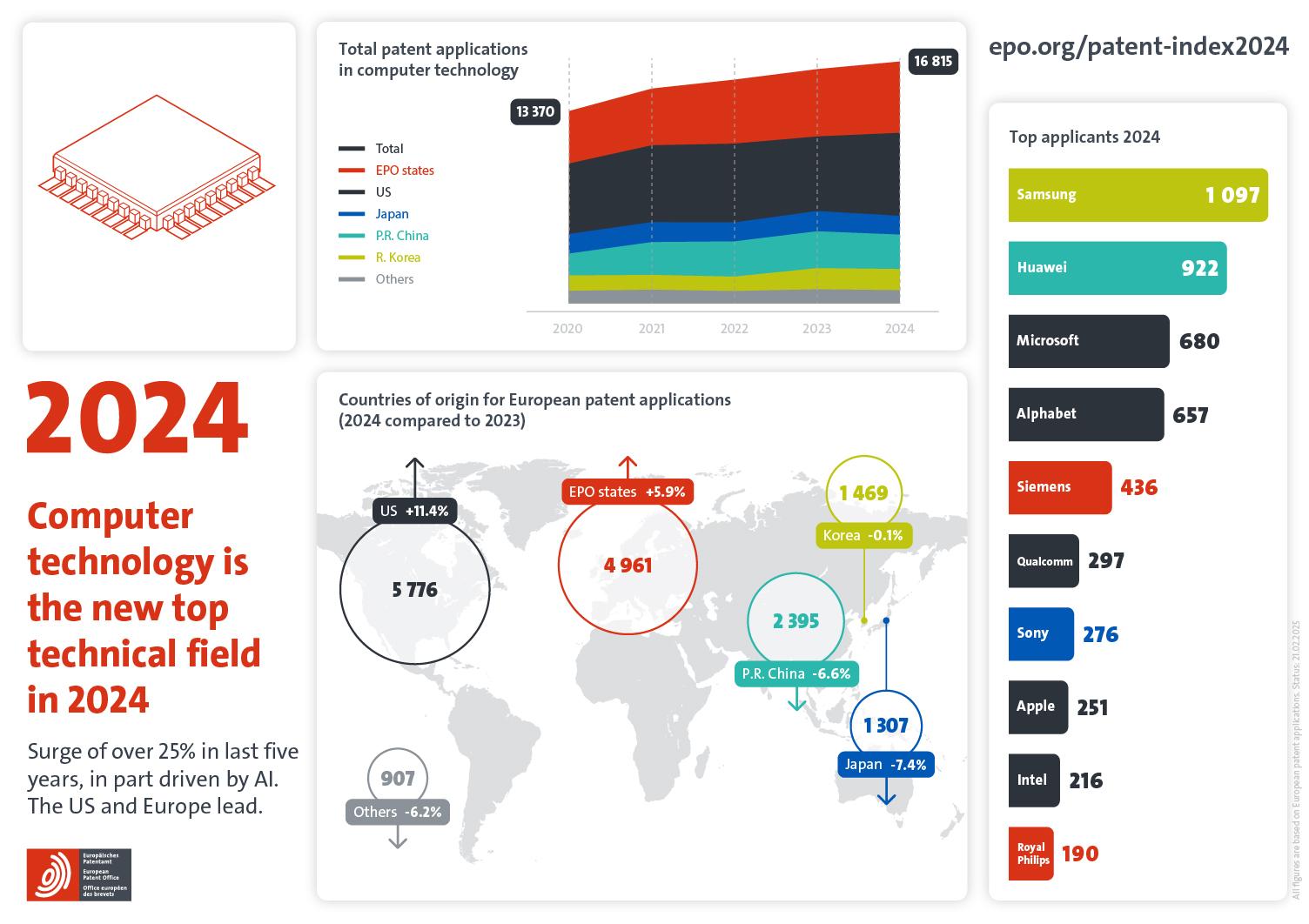Here's what's behind the hype surrounding startups like Re:cap

The young companies want to pre-finance recurring sales at companies. The trend is inspired by Pipe.com. The idea is likely to be just a springboard for completely different business models.
Whether Netflix, Amazon Prime or Adobe: modern companies don't want to sell people something once, but preferably again and again, every week, every month, every year. It's a trend that has been going on for some time, especially in the software sector, and one that resourceful start-ups now claim to have found a new way to profit from. These include names such as Vitt, Re:cap and Pipe.com, which are being courted by investors with millions of euros.
Large companies such as Deutsche Telekom have been pre-financing such monthly payments via banks for a long time in order to have the money early on, which would otherwise take twelve months to arrive. Such deals are usually in the order of 100 million euros or more. But small companies also want to be modern, such as the password manager 1Password. But it's not so easy for them because their monthly recurring revenue is low, but still stretches over many months or years. This makes it difficult to scrape together enough money early on to expand and, for example, enter new markets or place large-scale advertising.
Re:cap has already raised a three-digit million amount in equity and debt capital
This is where start-ups such as Re:cap, Vitt or, in the USA, Pipe.com come into play. They are hot on the heels of companies with monthly or annual recurring revenue, abbreviated as ARR (Annual Recurring Revenue) or MRR (Monthly Recurring Revenue). You book and finance these annual or monthly revenues over a longer period of time in advance. So instead of receiving a few euros every month, the companies receive a large part of the amount immediately - minus a fee of around five to 15 percent, of course, which the financing solutions such as Re:cap or Vitt deduct.
The Berlin start-up Re:cap is the most important German provider to date and is currently focusing on software-as-a-service (SaaS) companies. The start-up was founded a few months ago by Paul Becker and Jonas Tebbe, who helped build the robo-advisor Liqid in the past. The fact that the two founders copied a start-up from the USA has apparently not bothered investors in Germany so far: after a short time, they received the first 1.25 million euros in a pre-seed round, only to collect a further 100 million euros in a seed round shortly afterwards - made up of debt and equity capital.
The amount of the second round is by no means unusual, the field is currently so hyped. The start-up Vitt, based in Berlin and London, recently raised around 15 million US dollars in a pre-seed round and US pioneer Pipe.com has achieved a valuation of around two billion US dollars in just a few months. The funding platform Hum Capital estimates the volume of the global market for 2027 at 43 billion US dollars - a sharp increase on the approximately 900 million euros that the market size was estimated at in 2019.
The trend is inspired by Pipe.com
It's a huge market that Becker and Tebbe are immersing themselves in. They actually wanted to do something completely different at Re:cap, as Paul Becker reveals in an interview with Startbase . Originally, he and co-founder Tebbe were doing due diligence for private equity investors and came up with their current product by chance. The fact that it is inspired by Pipe.com does not bother Becker.
After a few months of development, Re:cap will complete its first transactions in the next few days, focusing on companies that generate an ARR of 0.5 to 15 million euros. They then want to pre-finance ten to 50 percent of this.
In order to find the right companies, Becker, Tebbe and their team have built an interface that gives them access to a company's most important data, such as the current bookings in the business accounts. They anonymize this data and use it to calculate a scorecard, i.e. a rating table that consists of 25 internal factors and is later presented to the customer in school grades from A to F. The result is whether they consider financing to be sensible based on the current financial and business situation and, if so, on what terms. In principle, at Re:cap they decide on the financing worthiness of a company - similar to what Schufa does for consumers, only much more transparent.

In the short term, Becker initially wants to earn his money with the financing platform, but in the long term, they want to use the data obtained at Re:cap to develop new business models. One way of monetizing: discussing the individual key figures with the companies at the end of the process and explaining any weaknesses that need to be rectified if the company wants to have affordable financing in the future. Helping to find a suitable solution for companies' financial problems can also create added value - and keep the cash registers ringing for Re:cap and others.

Newsletter
Startups, stories and stats from the German startup ecosystem straight to your inbox. Subscribe with 2 clicks. Noice.
LinkedIn ConnectFYI: English edition available
Hello my friend, have you been stranded on the German edition of Startbase? At least your browser tells us, that you do not speak German - so maybe you would like to switch to the English edition instead?
FYI: Deutsche Edition verfügbar
Hallo mein Freund, du befindest dich auf der Englischen Edition der Startbase und laut deinem Browser sprichst du eigentlich auch Deutsch. Magst du die Sprache wechseln?










